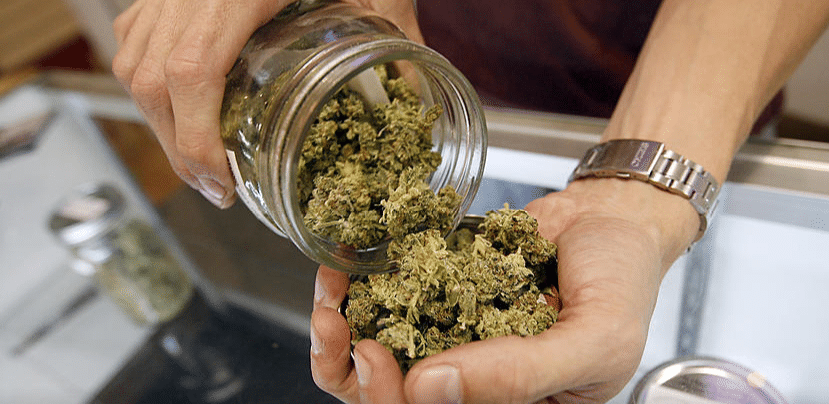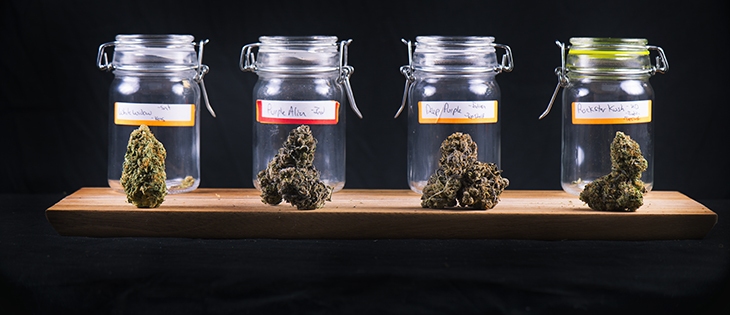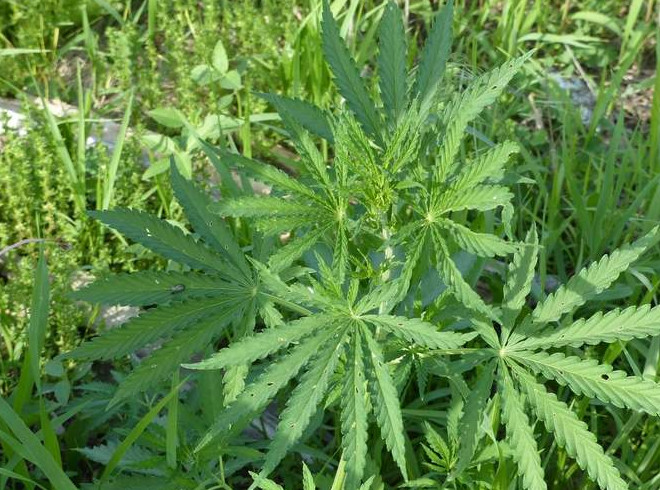The State’s Marijuana Conference Committee wants to nearly double the taxes on recreational marijuana to 20 percent, a compromise between lawmakers who want to honor the rate specified in the ballot question of 12 percent, and those who want a substantial increase.
The report by the committee, which was unveiled Monday, also keeps the ability of local voters to decide whether or not to ban recreational marijuana in towns that voted to approve recreational marijuana in the ballot initiative. The authority to ban recreational marijuana in towns that voted “no” in the election will reside with local officials.
“We have protected the right of adults to grow, possess, and use marijuana. To give them access to a safe, legal supply, the bill removes barriers to the development of a legal market,” said Sen. Patricia Jehlen on the release of the Marijuana Conference Committee report. “It protects the rights of medical marijuana patients, and gives opportunity to farmers and to people who have been harmed by the War on Drugs. The tax rate remains among the lowest in the country, and the same as in Oregon, often seen as successful.”
The proposed tax rate, which will have to be approved by both chambers before it is sent to the governor, includes a hike in the state excise tax from 3.75 percent to 10.75 percent. It also increases the local option excise tax from 2 percent to 3 percent. Recreational marijuana will also face the state’s 6.25 percent sales tax.
The Senate had envisioned keeping the total tax at 12 percent, however the House had hoped to increase the tax to a total of 28 percent.
In addition, the conference bill:
- Increases the number of appointees to the Cannabis Control Commission from three to five.
- The Attorney General, Governor and Treasurer will each appoint a member, and will have to reach consensus on the remaining two members. The Treasurer’s office had criticized such structure in the past as removing operational authority from the Treasurer.
- Allows those who have marijuana conviction records to have their records sealed.
- Specifies that generated funds will be used to provide “restorative justice, jail diversion, workforce development, and technical business assistance for people in communities that have been disproportionately impacted by the War on Drugs.”
- Combines medical marijuana and recreational marijuana under one oversight authority.
- Keeps medical marijuana untaxed.
- Allows nurse practitioners and physician assistants, as well as physicians, to recommend medical marijuana.
- Legalizes the production of hemp.
- Gives specific direction to the Cannabis Control Commission about product labeling, safety and marketing.
credit:bizjournals.com













